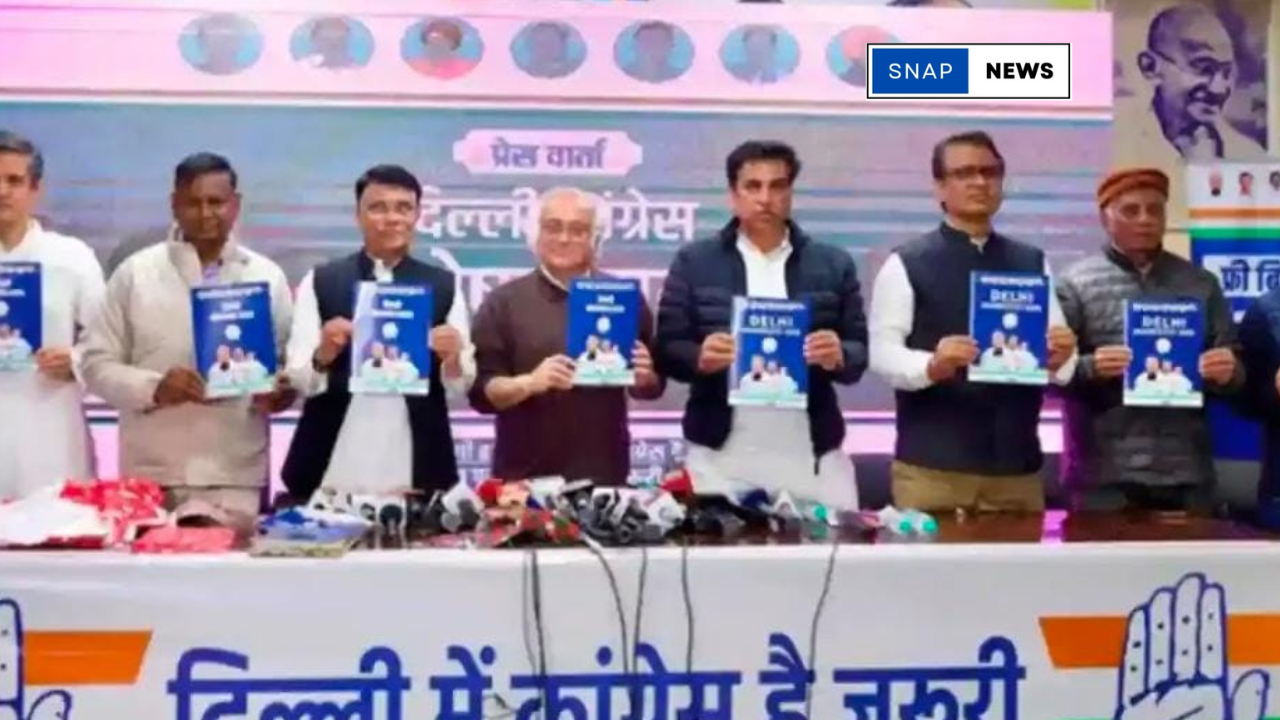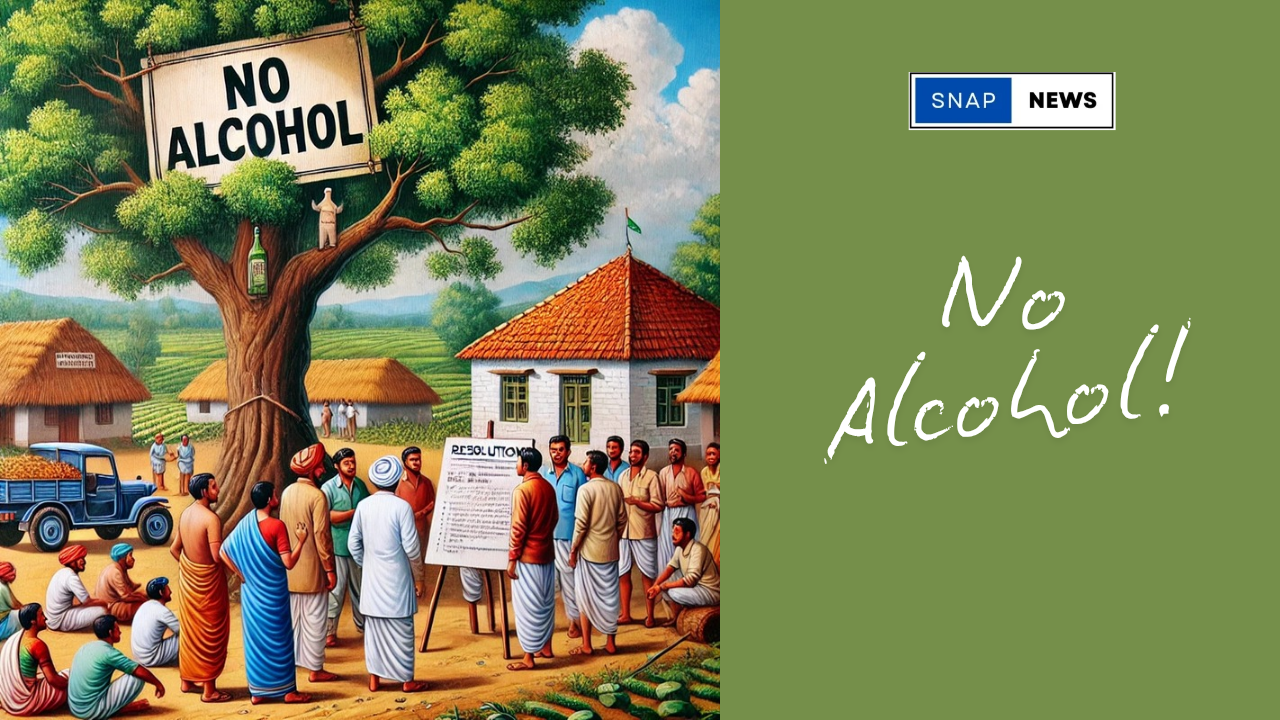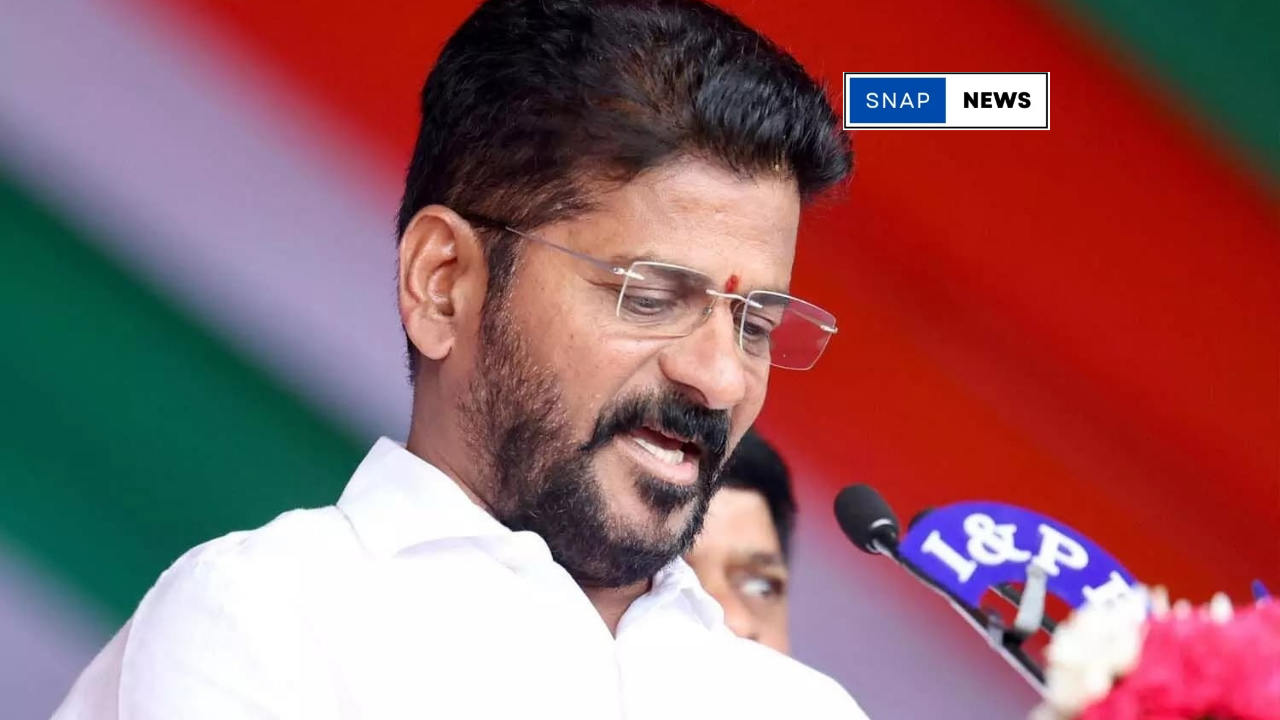Government Plans Key Amendments to Panchayat Raj Act: Joint Check Power and Two-Child Rule Under Review
Hyderabad.01.12.2024: The state government is preparing for major changes in the Panchayat Raj Act as part of its efforts to streamline governance ahead of the upcoming Gram Panchayat elections. Several key decisions, including the restoration of joint check power to Sarpanches and Secretaries, are under consideration. Additionally, there are discussions to lift the controversial two-child rule and revisit the reservation system for elected representatives.

Joint Check Power for Sarpanch and Secretary
In 2018, the then BRS government amended the Panchayat Raj Act, granting joint check power to the Sub-Sarpanch instead of the Secretary. This move led to conflicts between Sarpanches and Sub-Sarpanches in many villages, disrupting development projects and causing legal disputes. To address these issues, the Congress government is considering reinstating joint check power to the Sarpanch and Secretary, as was the practice earlier.
However, opinions are divided. While some advocate retaining the current system, others support reverting to the old method. Villages across the state are keenly watching the government’s final decision.
Changes to Reservation Policy
The current system of two-term reservation, introduced in 2018, allows the same reservation to continue for ten years in a Panchayat. The government is now considering returning to the earlier single-term reservation system, which rotated reservations after every term. This change aims to provide more opportunities for diverse leadership in rural areas.
Additionally, the power given to collectors to dismiss Sarpanches under the current law has faced heavy criticism. The government is reportedly planning to revoke this provision to enhance the autonomy of Sarpanches.
Abolishing the Two-Child Rule
Section 213 of the Panchayat Raj Act disqualifies candidates with more than two children from contesting Panchayat elections. However, this rule does not apply to municipalities, creating a disparity. Leaders and public representatives have urged the government to remove this restriction, arguing that similar rules should apply across local bodies.
The Congress government, led by Revanth Reddy, is considering removing the two-child rule, enabling individuals with more than two children to contest local body elections.
Comprehensive Reforms Ahead
The government is also planning a comprehensive family, political, and economic survey to finalize reservations based on the BC population. These reforms are expected to be discussed and passed in the upcoming assembly sessions.
These potential changes reflect the government’s intent to address longstanding issues and ensure smoother governance at the grassroots level. Citizens are now awaiting official announcements on these critical amendments.













